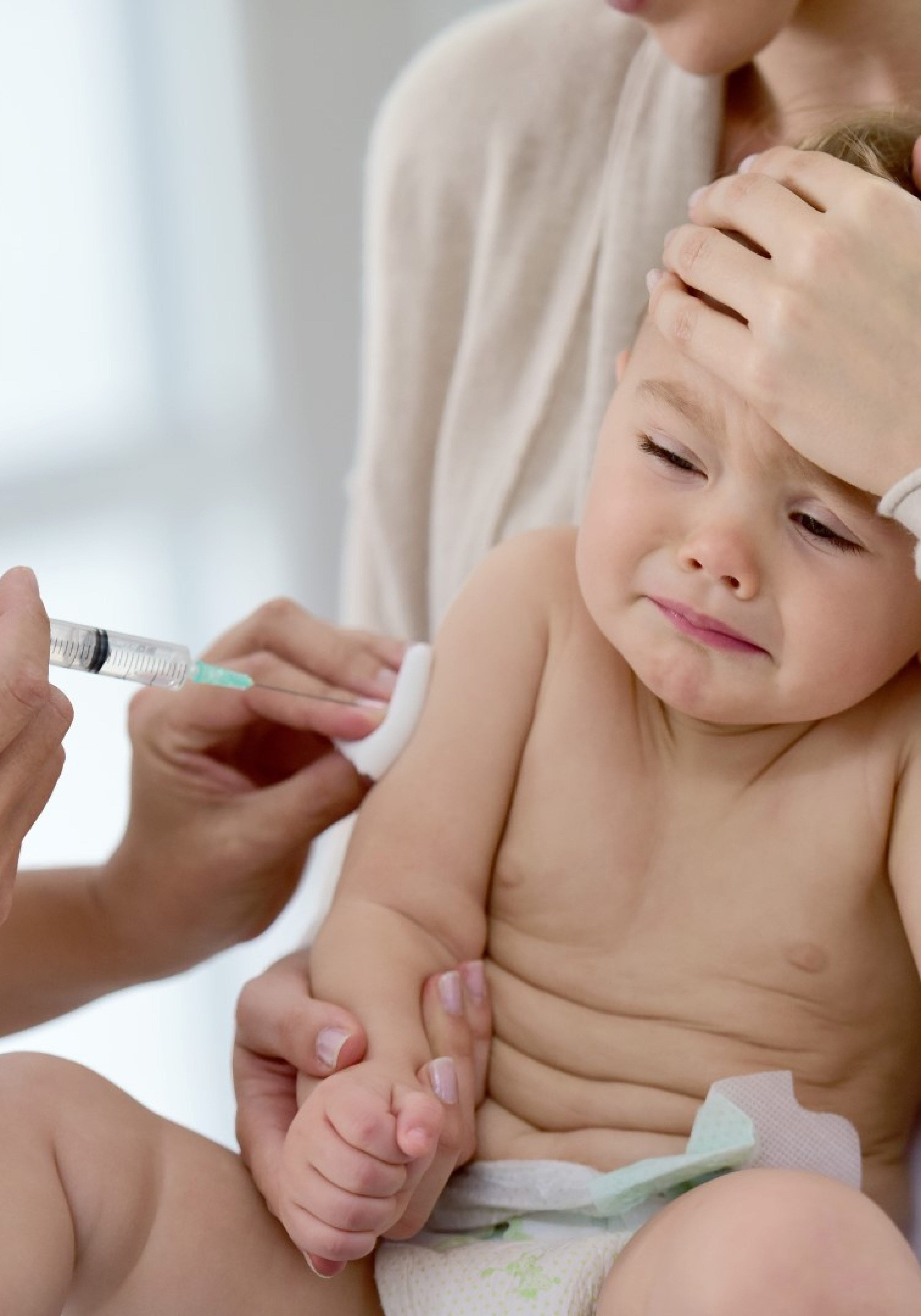
At the beginning of March, the United States declared a state of emergency due to the outbreak of COVID-19. For the past three months, most of the country has been practicing self-quarantining, social distancing, and limiting their exposure to public places.
Unfortunately, for many people, this also includes limiting visits to the doctor’s office.
While this comes from a good place of caution, it can be dangerous, especially for children, to skip regular wellness checks. Although adults tend to only go to the doctor after there are already signs of illness, it is recommended that children visit the doctor regularly to track growth, check-in on wellness, and receive vital immunizations. However, immunization records have dropped significantly since March according to the Florida Department of Health. So far, there was a 15% reduction in the number of vaccinations administered in March 2020 compared to March 2019. In April, that number jumped to a 40% reduction compared to the year before.
This dramatic drop in immunization could impact society’s herd immunity. When most of a population is immune to an infectious disease, this provides indirect protection, or herd immunity, to those who are not immune or unable to receive a vaccination. Herd immunity is most often achieved through vaccinating most of the population. With COVID-19 numbers on the rise, the last thing we need is an increase in cases of vaccine-preventable diseases or a preventable outbreak like measles, whooping cough, or meningitis. Vaccines are critical to stop these viruses from spreading, making it important that children do not fall behind on their immunizations, even if they are limiting their exposure to other people.
Unfortunately, I know all too well the tragedy a preventable disease like meningitis can cause. On September 20, 2009, my daughter Lawson returned from a two-week trip to Germany as a happy, healthy 18-year-old. Three days later she passed away from what started as a headache, but was really meningitis. Although the doctors began treatment as soon as possible, Lawson was unable to fight this horrendous disease.
Lawson’s story is not the only one. One out of seven meningitis cases among adolescents will result in death. Those who survive are at risk to live with permanent disabilities such as brain damage, kidney disease, hearing loss, or loss of limbs. Though anyone can get meningitis, children and infants are most at-risk. Meningitis is contagious, which means it can spread through every day acts like kissing or coughing. According to the National Meningitis Association, about one in ten people carry the bacteria in their nose or throat without showing any signs or symptoms of the disease, yet they are still able to transmit the bacteria to others. In 2018, there were 329 confirmed cases of meningitis with 39 people losing their life to this preventable disease.
The good news is that meningitis is vaccine-preventable. Despite the CDC recommending all preteens and teens get the meningococcal ACWY vaccine between 11 and 12 years old with a booster shot at age 16 and the meningococcal B vaccines to people 10 years or older, these vaccines are not yet required in the state of Florida. The CDC also recommends starting the meningitis B vaccine at 16-18 years of age.
As the United States begins to slowly reopen, now would be the perfect time for the Florida Department of Health and Surgeon General Scott Rivkees to be a leader in this space and make meningitis ACWY vaccination a requirement, as this could help ensure all children are caught up on other vaccines as they return to school and receive their well-checks and sports physicals. Although the coronavirus is still very much a threat to society’s health, we must take the proper precautions to mitigate the risk of other infectious diseases.
_____
Cathy Mayfield founded the Lawson Mayfield Memorial Foundation and advocates for science-backed immunization policies uniting parents, educators, students, healthcare professionals, and community leaders to protect Floridians from vaccine-preventable diseases.



